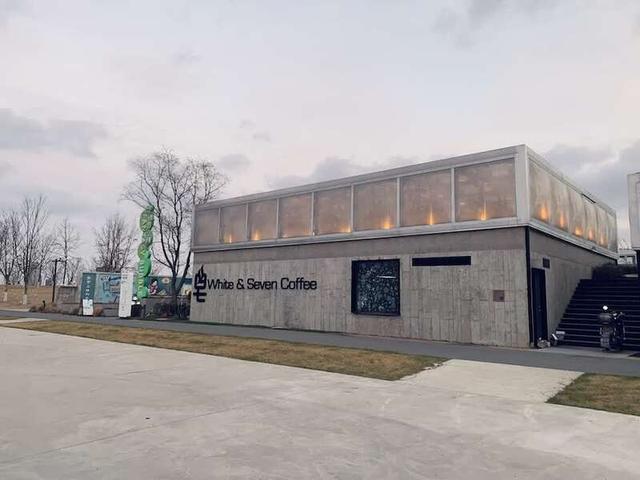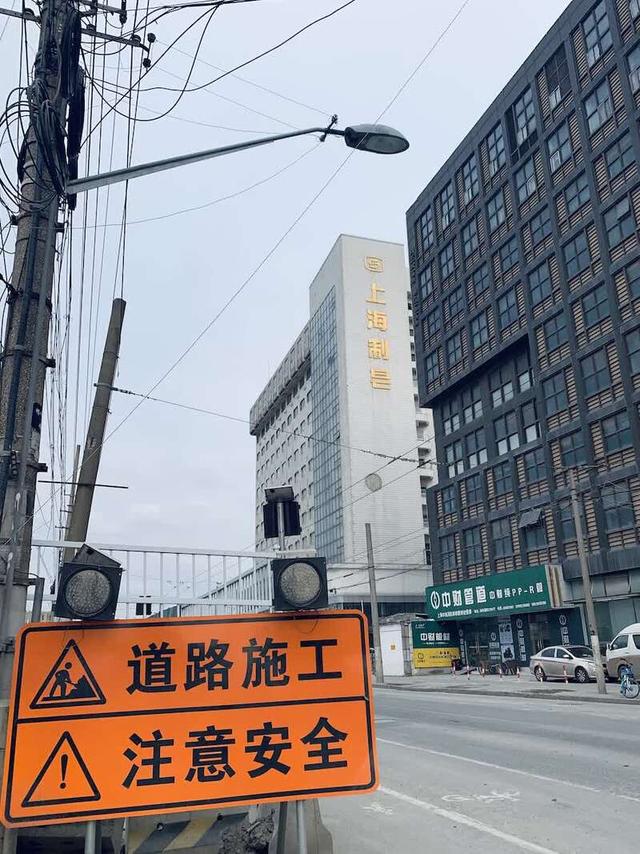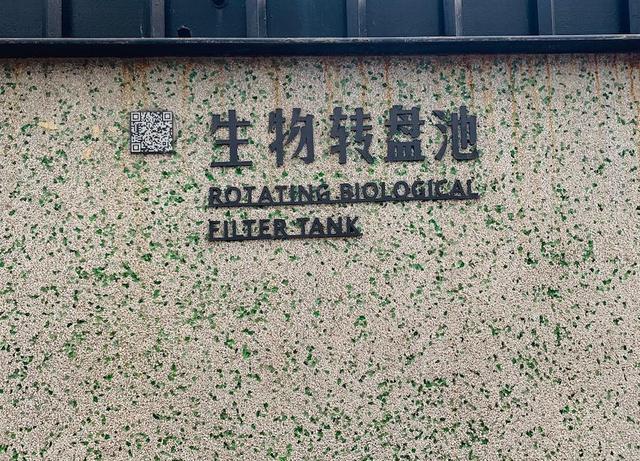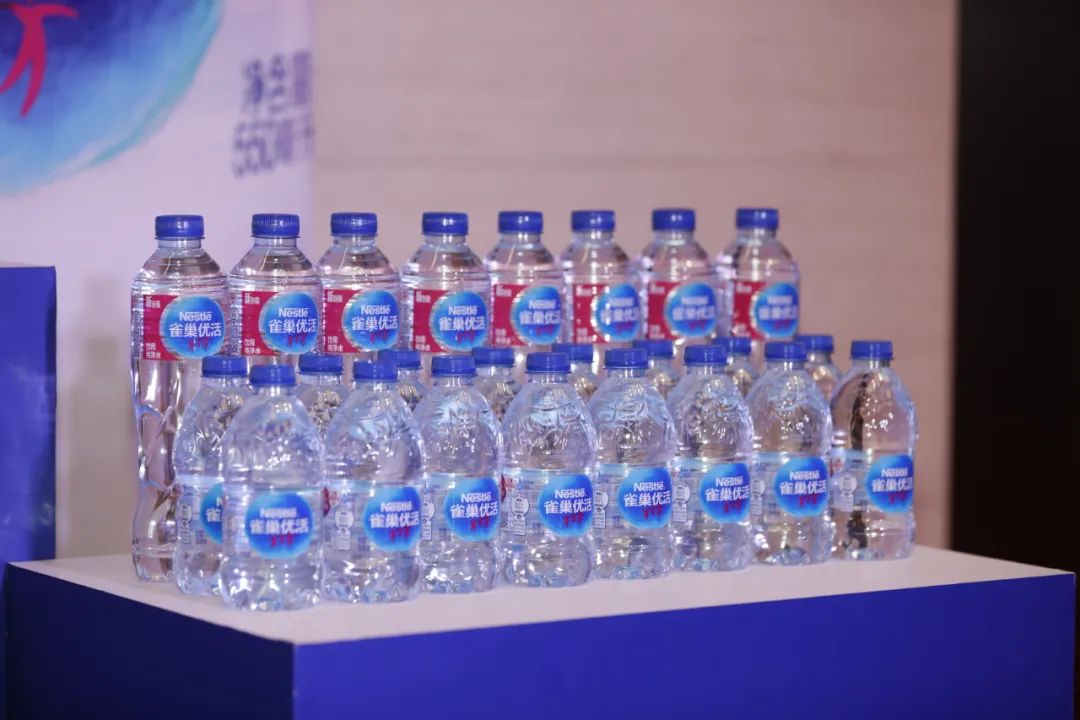Shanghai Soap Factory Transformed into Coffee Shop, Centennial Industrial Heritage Reborn
Shanghai is a city full of coffee aroma. As of January 6, 2021, Shanghai ranked first in the number of cafes in China, with more than 6400, followed by Beijing and Guangzhou, according to Meituan. There are a variety of cafes in Shanghai, one of which is a blend of old industrial style and modern design, which is popular among Shanghai residents, which is located in the White Seven Cafe on the riverside of Yangpu.

The White Seven Cafe is transformed from the sewage treatment workshop of the Shanghai soap Factory. The innovative architectural design shows the historical changes of Shanghai Pujiang River. The signature White Seven Coffee and soap cake in the White Seven Cafe are loved by consumers. In order to cooperate with the 2019 Shanghai Urban Space Art season co-sponsored by the people's Government of Yangpu District of Shanghai, White Seven Cafe also opened simultaneously during this period and received a lot of attention.
According to NetEase's data, Shanghai, with a profound coffee culture, is the city with the largest number of Starbucks, while Lujiazui is the densely distributed area of non-independent cafes in Shanghai. Compared with other cities, Shanghai residents' acceptance of coffee is the highest. Even though Shanghai has undergone various reforms and changes, coffee culture has never faded out of Shanghai. Although the domestic coffee culture cannot be compared with the strong foreign coffee culture, Shanghai can indeed be called a city that can drink coffee. Shanghainese are very dependent on coffee. According to Meituan data, people aged 30-40 have dominated coffee consumption in Shanghai in the past three years, but their number of users and orders have been declining, while the number of users and orders aged 20-30 has increased significantly.
Shanghai soap Factory, which has a history of nearly a hundred years, is located along the Yangpu Binjiang River, which is known as "the cradle of modern Chinese industry". With the urban transformation and industrial restructuring, these old factories have to be closed and relocated, so a large number of vacant factories and abandoned docks are left behind. White Seven Cafe in Shanghai has also witnessed the transformation of the old industrial base.

The name of the White Seven Cafe in Yangpu Binjiang also comes from an interesting source, a "white" and a "seven". Together, it becomes the word "soap". And "Guben, Fan Pai, Baili, Honeyflower, Yuhua", these names evoke the memories of old Shanghai, are some very familiar brands of soap in Shanghai. The area used by the White Seven Cafe is the former site of the Shanghai soap Factory, so you can see that there are many written signs on the outer wall of the White Seven Cafe, such as pressure hydrolysis building, grille pool, biological turntable pool, air floating pool, sodium hypochlorite pool, observation building and so on. These text signs are the names of the soap factory workshop.

The cafe is decorated with soap-related elements, the main bar is made of parts of soap-making equipment, and circular pipes that used to connect different production pools have been transformed into different space passageways connecting the cafe. Designers skillfully use the geometric pattern of "circle" to preserve the age and industrial style of the site.

Xie Pinghe, who is in charge of the transformation of the Shanghai soap factory, decided to build a museum full of memories to meet the entertainment needs of the people, named "soap Dream Space". The soap Dream Space is divided into five sections, namely, "time and space", "soap building", "dream", "soap art" and "creating soap". Take the White Seven Cafe as the starting point to let tourists enter the new space through the designed "time tunnel". White Seven Cafe is not an ordinary cafe, this is a cafe that can "dream".
* Photo Source: thepaper.cn
Important Notice :
前街咖啡 FrontStreet Coffee has moved to new addredd:
FrontStreet Coffee Address: 315,Donghua East Road,GuangZhou
Tel:020 38364473
- Prev

Coffee shop is charged for taking pictures! Is there a charge for taking pictures without spending money in the cafe?
Recently, a new online celebrity cafe in Hangzhou has attracted many people to take photos because of its unique decoration style. In order to dissuade photographers, the store posted an online announcement of "photo fees". The news then sparked a hot search on the Internet. Why publish the announcement of "Photo charge"? The shop owner responded: make an announcement that the cafe stipulates that you need to buy a ticket for taking pictures, 50 yuan a day.
- Next

Which brand of bottled water is good for Nestle to sell bottled water after selling the silver heron?
Nestle is going to sell bottled water to private equity. Recently, there are media reports that NSRGY bottled water will be sold to private equity. According to Reuters sources, Nestl é has sold North American bottled water, including Youhuo and Poland Spring, to private equity firm One Rock Capital Partners LLC (LLC). One Rock Capital Pa
Related
- Unexpected! Ruixing Telunsu lattes use a smoothie machine to foam milk?!
- % Arabia's first store in Henan opens into the village?! Netizen: Thought it was P's
- Does an authentic standard mocha coffee recipe use chocolate sauce or powder? Mocha Latte/Dirty Coffee/Salty Mocha Coffee Recipe Share!
- What is the difference between Vietnam egg coffee and Norway egg coffee? Hand-brewed single product coffee filter paper filter cloth filter flat solution!
- What is the difference between sun-cured and honey-treated coffee? What are the differences in the flavor characteristics of sun-honey coffee?
- How to make Italian latte! How much milk does a standard latte use/what should the ratio of coffee to milk be?
- How to make butter American/butter latte/butter Dirty coffee? Is hand-brewed coffee good with butter?
- Is Dirty the cold version of Australian White? What is the difference between dirty coffee/decent coffee and Australian white espresso?
- Relationship between brewing time and coffee extraction parameters How to make the brewing time fall to 2 minutes?
- Got entangled?! Lucky opens a new store, Mixue Ice City, and pursues it as a neighbor!

